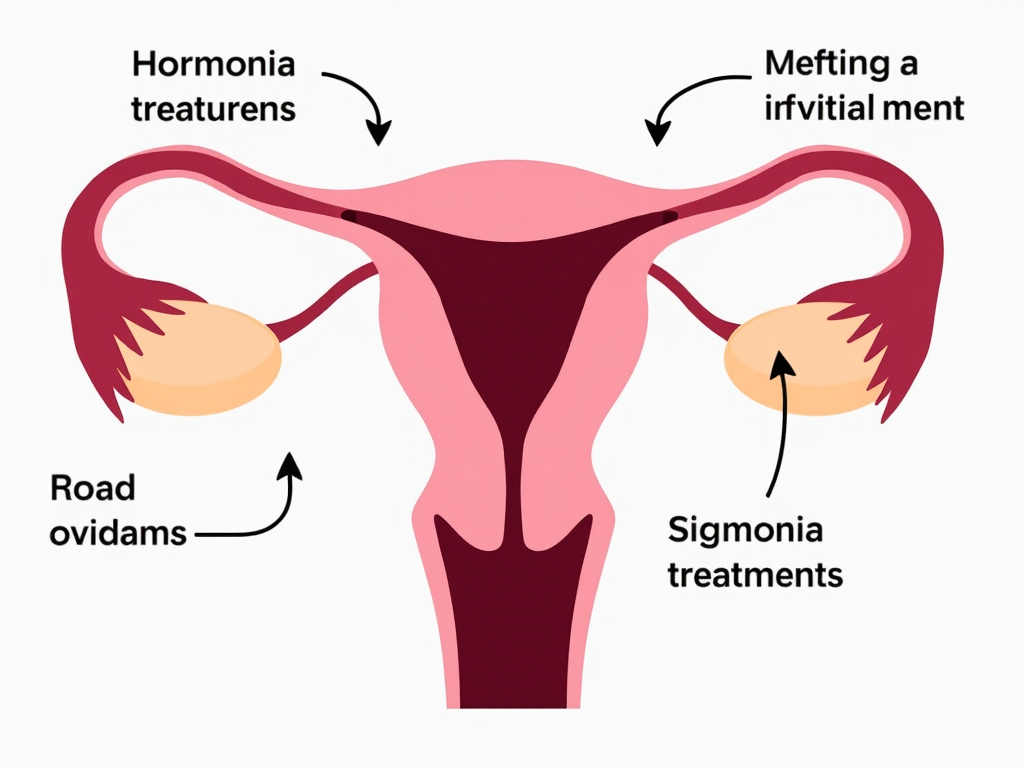How Hormonal Treatments Can Boost Fertility
April 24, 2025, 7:35 a.m.
Hormonal treatments play a crucial role in addressing fertility issues, offering hope to many couples struggling with infertility. This article explores how these treatments can boost fertility, the types available, and what to expect during the process.
Understanding Hormonal Treatments
Hormonal treatments for fertility involve the use of medications to regulate or stimulate the hormones that control reproductive functions. These treatments can be used for both men and women, depending on the underlying cause of infertility.
Types of Hormonal Treatments for Fertility
There are several types of hormonal treatments used in fertility treatments:
- Clomiphene Citrate (Clomid): Often used to stimulate ovulation in women.
- Gonadotropins: These are injectable hormones that can stimulate the ovaries to produce multiple eggs.
- Human Chorionic Gonadotropin (hCG): Used to trigger ovulation.
- Progesterone: Supports the uterine lining for implantation.
- Testosterone Replacement Therapy: For men with low testosterone levels affecting fertility.

How Hormonal Treatments Work
Hormonal treatments work by either supplementing deficient hormones or stimulating the body to produce more of certain hormones. For example, in women, treatments like Clomid can help induce ovulation by mimicking the action of estrogen, leading to the release of follicle-stimulating hormone (FSH) and luteinizing hormone (LH).

Benefits and Risks
The benefits of hormonal treatments include increased chances of conception, especially for those with specific hormonal imbalances. However, there are risks involved, such as multiple pregnancies, ovarian hyperstimulation syndrome (OHSS), and potential side effects from the medications.

Personal Experiences and Insights
While I don't have personal experiences to share, I can imagine the emotional rollercoaster that couples go through during fertility treatments. The hope and anxiety with each cycle, the physical toll of injections and procedures, and the financial burden can be overwhelming. It's important for couples to have a strong support system and to communicate openly with their healthcare providers.

Tips for Those Considering Hormonal Treatments
- Educate Yourself: Understand the treatments, their purposes, and potential side effects.
- Choose the Right Clinic: Look for a reputable fertility clinic with experienced professionals.
- Prepare Financially: Fertility treatments can be expensive, so plan accordingly.
- Take Care of Your Mental Health: Seek support from counselors or support groups.
- Stay Positive: While it's challenging, maintaining a positive outlook can help.

Hormonal treatments offer a beacon of hope for many facing fertility challenges. By understanding the types of treatments available, how they work, and what to expect, individuals can make informed decisions about their fertility journey.